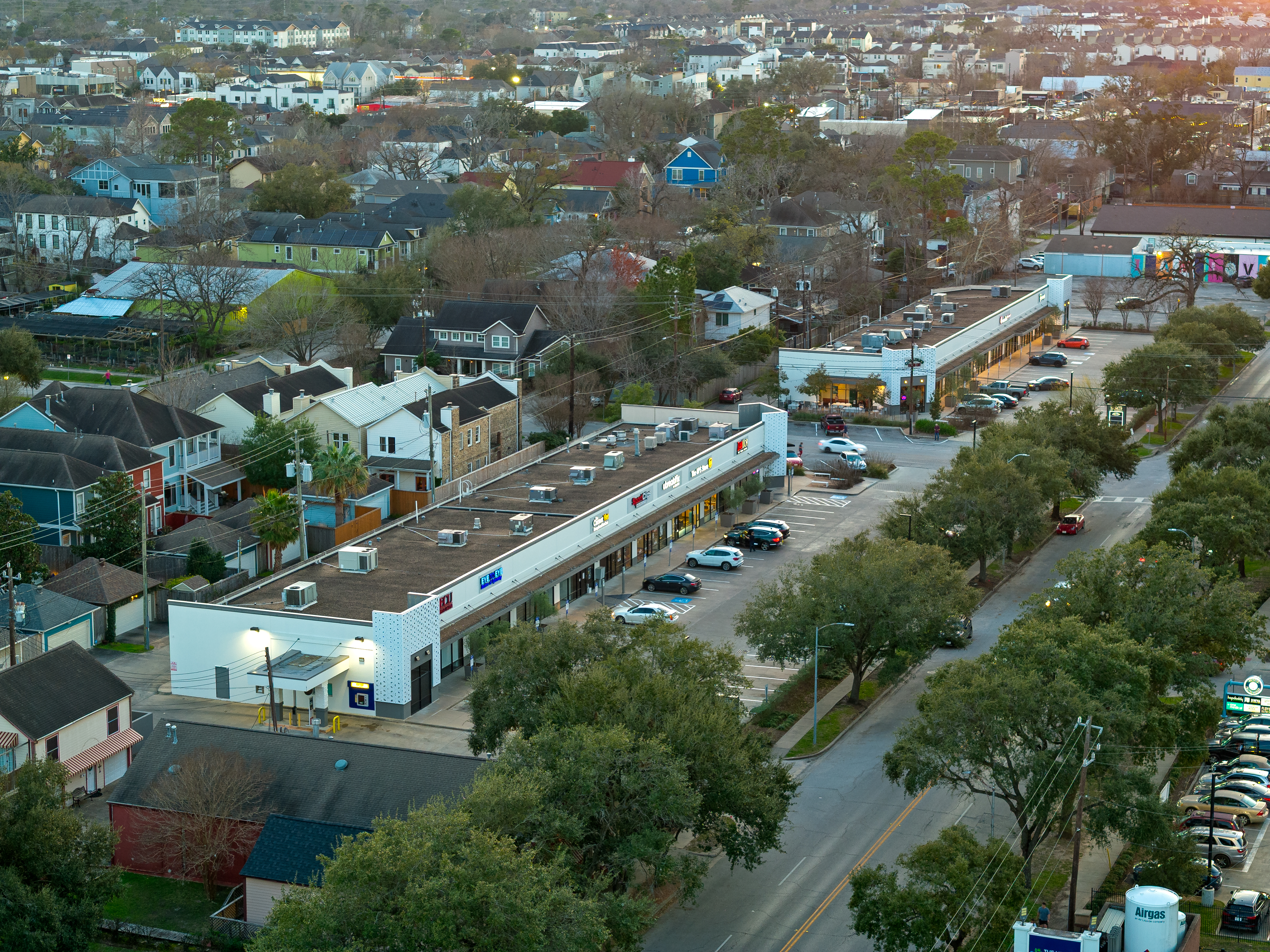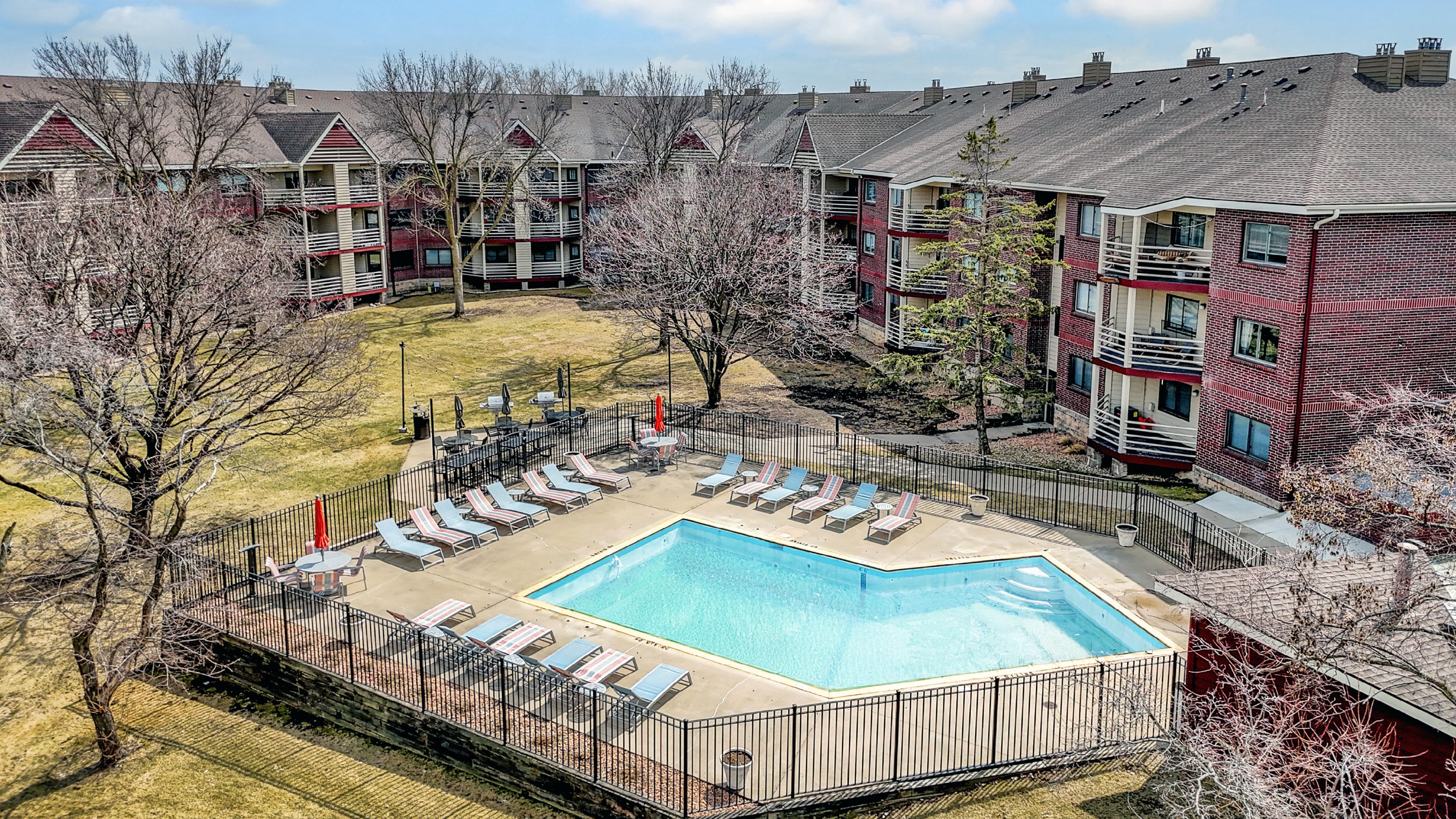Investors eye triple net-lease properties
Industrial NNN properties are especially well-positioned to weather COVID-19
With the global economy under pressure, commercial real estate investors are searching for defensive strategies that are more likely to see them safely through the downturn.
Single-tenant, triple net-lease (also known as NNN) properties are seeing more inquiries because of their historic stability and resilience in turbulent times, says Mark West, Senior Managing Director, Capital Markets, JLL, who is based in Dallas. Retail NNN properties have proven particularly attractive during the coronavirus pandemic as they provide essential goods that have been in high demand, while industrial NNN properties serve the supply chain, moving goods to customers who are increasingly ordering from home.
“These properties provide stable income in any economic environment and have been favored by investors for years, but recent stay-at-home orders and the resulting increase in e-commerce have amplified the defensive advantage,” he says.
Stability in times of uncertainty
Unknowns frustrate the investment market, with concerns ranging from how a potential second coronavirus wave could further impact an already fragile economy to how soon a vaccine can be ready.
Net-lease properties provide a steady income, a particularly valuable feature given the low interest rate environment that’s been predominant over the last decade, West says.
Investors like NNN assets because they are “bonds wrapped in real estate” that provide buyers with a no-fuss operating model, he says. Tenants typically agree to 10- or 15-year leases, and in addition to rent and utilities, they pay the property’s taxes, insurance, maintenance and other ongoing expenses.
In times of stock market volatility, equity investors often seek the relative stability and hedge against inflation that NNN assets are known for, making these properties well-positioned to maintain or increase their values — even as values of other properties risk substantial declines in the near term.
“Single-tenant net-lease assets sit at the crossroads of Main Street and Wall Street,” West says. “Investors are largely getting a hard asset and long-term, durable cash flow. As a general rule, net-lease properties provide a very good risk-adjusted return compared to a bond.”
Lockdowns largely stymied investment-sales activity for all property types in the spring.
Single-tenant net-lease transactions totaled US$10.7 billion for deals of $5 million or more in the first quarter, a year-over-year decline of about 9%, according to JLL research.
“The shutdown paused investment by making it difficult to perform due diligence, appraisals and other tasks required to close transactions,” says Jon Ferber, Analyst, JLL Capital Markets, who is based in Chicago. “More recent clarity in the equity and debt markets has institutional investors that have been tentative for months selectively exploring new opportunities.”
Many are exploring single-tenant NNN properties. In some cases, prices for NNN assets remained steady throughout the pandemic or have even edged up, especially for essential or mission-critical assets that are well located, he says.
Looking for more insights? Never miss an update.
The latest news, insights and opportunities from global commercial real estate markets straight to your inbox.
“Investors are placing a premium on single-tenant assets that feature a long-term, predictable income stream and a tenant with a strong, investment-grade credit profile,” Ferber says. “And as risk premiums have narrowed, debt is more readily available, and a growing cohort of investors are eager to transact.”
Essential assets in the age of coronavirus
From Taco Bell to Dollar Tree, retail properties are the most visible net-lease assets. NNN drug stores, dollar stores, convenience stores, grocery stores and home improvement stores have been deemed “essential” and were among the few retailers that remained open during shutdowns.
These properties escaped the worst of the economic free fall in April. Year-over-year retail sales for the month plunged 19.9%, according to the Commerce Department. But grocery stores saw a 13.1% increase in sales over the period.
Investment Opportunities
“It has become very apparent in times like these that essential businesses have to remain open for people to survive,” West says. “It’s even more of a reason why investing in these assets makes sense today.”
Conversely, often tucked away in business parks, distribution properties are arguably the least visible net-lease assets. But they nonetheless have become just as essential as NNN retail buildings given the fact that they play a pivotal role in the e-commerce supply chain.
Online and catalog retail orders jumped nearly 23% in April and 30.8% in May, according to the Commerce Department. During lockdowns, industrial activity remained consistent, and there was “increased interest in NNN properties with credit tenants and long-term WALT,” says John Huguenard, Senior Managing Director, Head of Industrial Capital Markets, JLL, who is based in Chicago.
“We’re seeing interest in industrial NNN properties from buyers across the board, including international funds, high-net-worth individuals, family offices and institutional investors,” says Huguenard, noting two recently completed sale-leaseback deals — a 250,000 square-foot industrial asset in the Pacific Northwest, and a flex asset in Houston.
“We’re seeing the buyer pool fill up,” he says. “In particular, international investors that in the past focused on portfolio transactions are now hunting for one-off, net-lease logistics buildings.”
Buyers want these types of assets because “they’re safe and are occupied by a recognizable brand,” Huguenard says, whether it’s “a sale-leaseback, or a building leased by an online retailer or third-party logistics operator.”
Contact Mark West
Senior Managing Director, Capital Markets, JLLWhat’s your investment ambition?
Uncover opportunities and capital sources all over the world and discover how we can help you achieve your investment goals.




